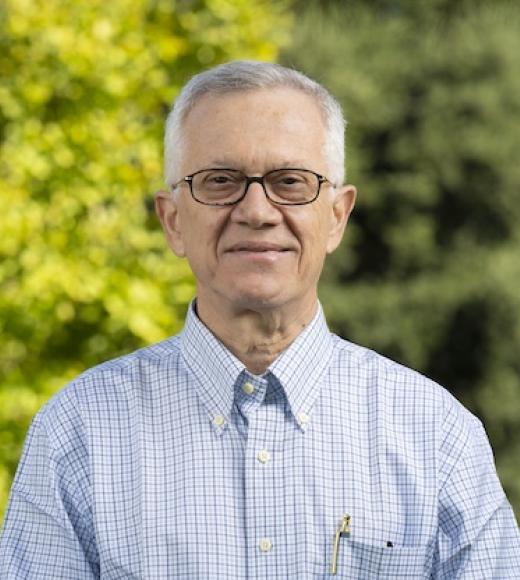
Position Title
Distinguished Professor
- Molecular and Cellular Biology
Research Interests
My research focuses on insect chemical ecology, olfaction, and chemical communication, as described in my National Academy of Sciences member profile: https://www.nasonline.org/directory-entry/walter-s-leal-jya6rs/. Further details were discussed in the 2024 UC Davis Academic Senate Faculty Distinguished Research Award Lecture https://youtu.be/HkfhsYQE5bI. In summary, our research seeks to identify approaches that will help control or prevent the transmission of vector-borne pathogens to humans and compounds involved in. insect chemical communication (semiochemicals). Insect prominence among other animals is primarily due to a sophisticated olfactory system, which can selectively detect minute amounts of semiochemicals. We aim to unravel the molecular mechanisms underpinning this remarkable selectivity and sensitivity of the insect’s olfactory system. Additionally, we apply conventional and reverse chemical ecology approaches to develop novel attractants, pheromones, and repellents. This multi-disciplinary approach identifies olfactory proteins, such as odorant receptors, and small molecules interacting with them. Lastly, we test these lead compounds using sensory physiology methods, measuring behavior, and performing field tests.
Graduate Program Affiliations
- 1982 B. Eng. (Chemical Engineering), Federal University of Pernambuco, Brazil
- 1987 M.S. in Agricultural Chemistry, Mie University, Tsu-Mie, Japan
- 1990, Ph.D. in Applied Biochemistry, University of Tsukuba, Japan
- 1991 Postdoc in Entomology, National Institute of Sericultural and Entomological Science, Japan
